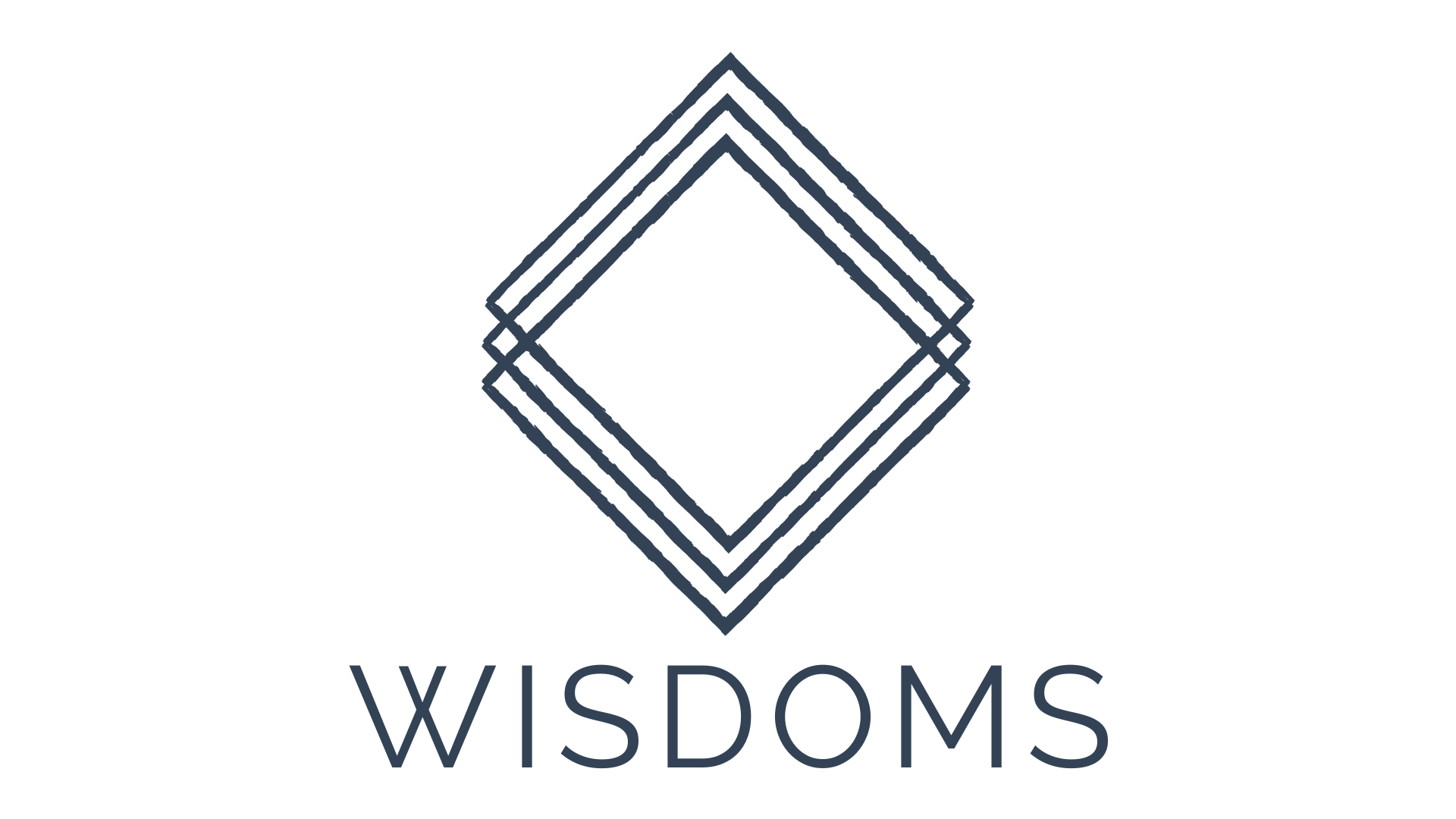TS Eliot wonders:
“Where is the Life we have lost in living?
Where is the wisdom we have lost in knowledge?
Where is the knowledge we have lost in information?”
This is perhaps no more true than now when deciphering what is real and good and important is such a challenge. Our world needs not only clever and informed people but those who are wise.
Wisdom is not easily defined but perhaps we could describe it as a collection of qualities, thoughts and ideas that endow us with a way of being, thinking and sharing that makes our own lives meaningful as well as enriches others. Basically wisdom is figuring out what is good and doing it, and helping other people do the same — even if only by example.
Psychologist, Lisa Feldman Barrett, makes the point that different people are wise in different ways, and that even as individuals we express wisdom differently according to the context and area we’re relating to. Wisdom is therefore recognizing that we are not wise all the time, in all situations!
How can we become wiser? Here are some characteristics of wisdom from various sources. As you go through this list it may spark within you a desire to strive for this attribute.
1. Learnt experience in action — experience and knowledge are essential ingredients to wisdom. However, neither of them automatically constitute wisdom. We recognize this in our own lives. Just because we know something or have had something happen to us does not mean that we have learnt from it or that it has changed our behaviour for the better.
Because I know my optimal weight for longevity does not mean that I practice the eating habits that ensure I keep to that weight. Because I have had a bad relationship with someone who does not respect who I am does not mean that I don’t choose a similar partner down the road.
Wisdom is a process of reflecting on our life experiences. It also tests information, gets feedback and practices and applies knowledge. We gain wisdom when we allow every event and circumstance in our lives to be our teacher. Wisdom then involves an integration of knowledge, experience, and deep understanding. In addition, wisdom moves us from theory to informed action. In the implementing of our knowledge and thinking we complete and continue the learning process so that our knowledge and experience continually increases.
We also gain wisdom by observing life’s fluctuations and how people deal with them. In this way, we are not only informed by our own life, but by those of other people. When we consider what is common and what is unique about people we develop a more nuanced way of thinking. We are more tolerant of multiple points of view.
2. Hard won perspective — a couple years ago when visiting Australia we drove with my sister and her husband in their 4×4 onto the beach in Esperance, a glittering turquoise gem on the southern tip of Western Australia. The waves lapped lazily up the white sand and rounded with a slap along the rim of huge boulders that towered out of the sea.
We then climbed up an enormous rock on the beach and got to see a wider view. More rocks revealed themselves. We could see the currents fighting with each other and the shoreline etched further around the curve of the bay. The next day we drove to a vantage point that displayed the entire vista of rocks and beaches, merging and distinct colours of blue, turquoise, grey and green, as well as shadows and submerged darkened shapes below the surface of the water.
Same place. Three different views. Three different perspectives.
It is not easy when you are immersed in a situation to get perspective. That is, to view it more objectively, to investigate it from different angles, to see what led to this point or how to move forward. But as we grow in wisdom we more quickly get perspective and use it to remain calm in order to figure out how best to deal with the scenario.
Wisdom teaches us that life is a series of swings and roundabouts, seasons of bounty and drought, lows and highs. But the wise person is not discouraged by life’s shifts and unpredictability but rather takes them in their stride with patience and perseverance.
One of the things that enables them to do this is the ability to find beauty in simple, everyday wonders. In my Dad’s dying days from throat cancer his greatest pleasure was sitting in the sun, watching the birds eat the fruit he’d put out for them and seeing new seedlings sprout from underneath the soil. The wise achieve a level of serenity in the midst of suffering.
3. Sound judgment — not all things can be taught. There are times when no policy, no school or college lesson, no book, not even Google, is going to be able to give you the answer.
These are moments when you have to decide if it is better to hold your tongue or speak out; to persevere or walk away; to accept someone for who they are or persuade them to behave differently.
There may come a time when applying the letter of law would be unfair and unjust. There are occasions when obedience to the law is a betrayal of your own values and ethical standards. Where there is conflict between what you are told is right and the specific context you find yourself in, you are forced to use your own judgment.
In these scenarios wisdom is about weighing up competing factors. It is attempting to hold in balance what is right, what is required and what will work best for the people involved. Consequences and setting a precedence also need to be considered.
This takes more than a wild guess or even simply following protocol. Our judgment is informed by our knowledge, experience, information, other people’s advice, our values and our intuition, among other things. But having earned the right to exercise sound judgment in complex situations, wisdom also requires that we act on it with courage.
4. Emotional intelligence — grateful to the discipline of emotional intelligence for giving us four pillars that also contribute to greater wisdom: self-awareness, self-management, social awareness and relationship management.
Without going into a treatise on emotional intelligence I just want to highlight that knowing who you are, your strengths and weaknesses, what you want and what you are capable of, is the beginning of wisdom. To take an honest look at oneself, then accept, and even appreciate, the good, the bad and the ugly is one of the greatest gifts you can give yourself. And others for that matter. From this state you can remain true to yourself whilst at the same time seeking to grow. You are also free to find strength in vulnerability.
Out of this place of self-awareness and acceptance, you cannot help but give others the same respect you have given yourself. They too deserve to be true to themselves and to demonstrate the folly and frailty we are all prone to.
5. Insightful Thinking — we expect profound insights from people we would call wise. Insights that we value are generated from a combination of a person’s intellect, knowledge, experience, imagination, and intuition.
A wise person is likely to balance what is possible with what is also pragmatic. Optimism, options and abundance are natural ways of seeing the world for wise people. But this is not at the expense of a real understanding of life’s challenges, difficulties, disappointments and setbacks.
If someone’s thoughts are respected enough that people are prepared to listen and follow their advice this comes with responsibility. Therefore true wisdom is ethical. This means that the wise person is trustworthy. What they say and what they do is aligned. They live and act with integrity.
Despite everything I’ve listed wise people would be the first to say that the more they learn, the more they realize they don’t know. In other words, there is always more to learn and new things to learn. There are always ways to grow. There are any number of ways that our current thinking can be challenged and changed.
Wisdom is therefore accompanied by two qualities — humility and the ability to laugh at ourselves. Wise people simply do not take themselves too seriously.
Surely our world could do with more wise people. More people who can see the wood for the trees. Want to be one of them?

